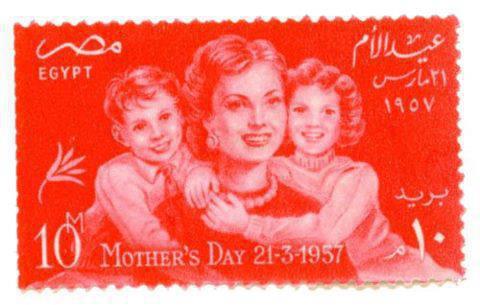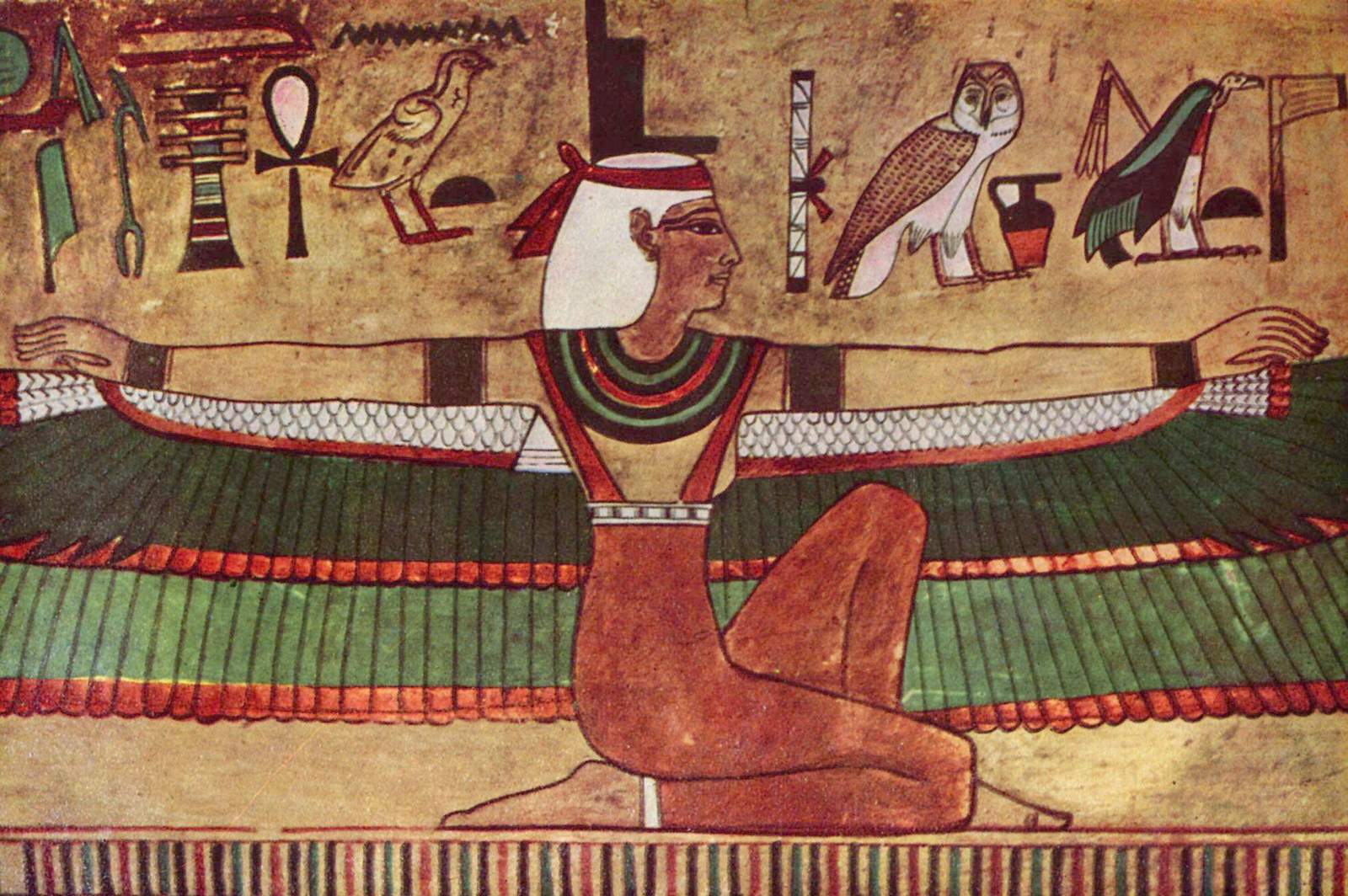
The 21st of March is Mother’s Day across much of the Arab world. It is a celebration of all things maternal and appreciation of the love and sacrifices that come along with it – but many may not know that its roots can be traced back to the time of the Pharoahs.
In Ancient Egyptian mythology, the goddess Isis came to represent motherhood, renowned for her devotion to her husband Osiris and son Horus. The story goes that Osiris was murdered and dismembered by his jealous brother, who hid his body parts across the world. A heartbroken Isis was determined to find all the pieces and revive him. She succeeded, but Osiris became lord of the dead. Isis later gave birth to Horus, who avenged the crime and restored balance to the world.
Her devotion as a mother and a wife shaped her into a symbol of motherhood, and an annual festival was held in her honour. According to Dr Mohammed Bakr, former director of the Egyptian Antiquities Organisation, the day was celebrated by floating boats filled with flowers throughout the land.
The tradition was continued by the Greeks and Romans, becoming fused with festivals honouring the arrival of Spring, which in itself reflected the concepts of maternity and new life.
Over time, it developed into the celebration as we know it today. It officially entered the Egyptian calendar in 1953 after journalist Mostafa Amin sent a letter to the Ministry of Education advocating for a special day dedicated to the admirable devotion of mothers across the country, as he had been seen in America thanks to the work of activist Julia Ward. Gamal Abdel Nasser approved the idea in 1956, and Mother’s day has been celebrated on the 21st of March ever since.

So however you are celebrating Mother’s Day this year, spare a thought for how the deep appreciation of all it means to be a mother has been honoured for thousands of years, stemming from none other than Egypt itself.







Comments (10)
[…] The Surprising Origins of Egyptian Mother’s Day […]
[…] The Surprising Origins of Egyptian Mother’s Day […]